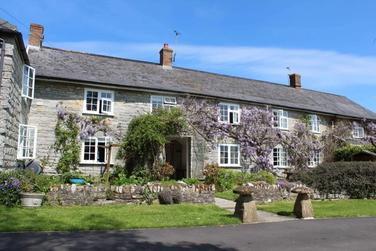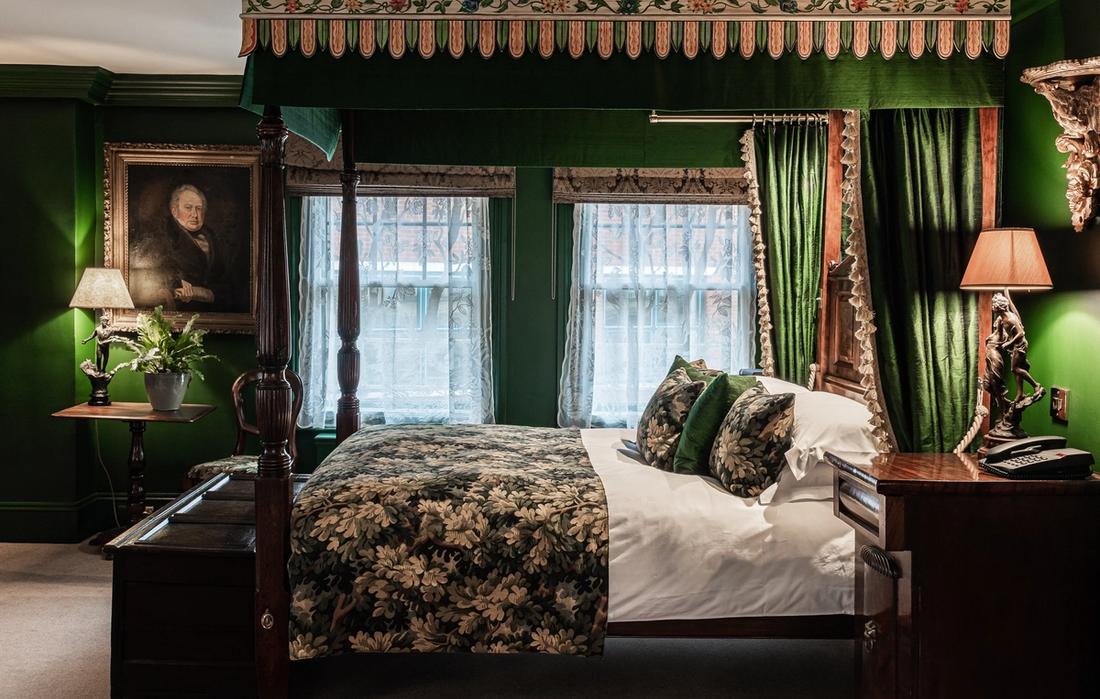The Good Hotel Guide is the leading independent guide to hotels in Great Britain & Ireland, and also covers parts of Continental Europe. The Guide was first published in 1978. It is written for the reader seeking impartial advice on finding a good place to stay. Hotels cannot buy their way into the Guide. The editors and inspectors do not accept free hospitality on their anonymous visits to hotels. All hotels in the Guide receive a free basic listing. A fee is charged for a full web entry.
The Good Hotel Guide
About Us
Independent
Recommended
Trusted
Independent
Recommended
Trusted

Squeezing the hotel goose
All blog posts
3 minutes
2 Jul 2018
Squeezing the hotel goose
All blog posts
3 minutes
2 Jul 2018
By Adam Raphael

The Competition and Markets Authority is threatening to prosecute online hotel booking sites for scams ranging from pressure selling and misleading information to hidden charges and commission based rankings. But it is not just consumers who are being gulled. The sad truth is that online travel agents and hotel review sites have the hospitality industry by the throat and they have begun to squeeze harder and harder. Look at TripAdvisor’s pay-per-click trap.
The way that pay per click works is that hotels pay to be at the top of their TripAdvisor review page. The more they bid the higher up they appear on the booking list, usually dominated by international online hotel booking agents such as Booking.com, Expedia, Opodo, and Ebookers.com with their massive advertising budgets. From the hotel’s point of view, it may be worth spending as much as £2.50 per click to get to the top of their own review page because online booking sites take a big cut on each reservation made through them. For example, if a room costs £100 a night, £15-£30 of that will be creamed off by OTA commissions. Thus, it requires roughly only one in eight clicks to convert into a reservation for it to be worthwhile for the hotel to use pay per click.
That is if the system was fair. But the reality is that TripAdvisor is intent on making as much money as it can. One of the Guide’s B&Bs, Frog Street Farmhouse, a 15th-century Somerset longhouse run by Louise and David Farrance, recently experienced just how tough TripAdvisor can be. It had been paying TripAdvisor £1.60 per click which added up to a bill of between £25 to £70 a month. Suddenly this monthly bill nearly doubled because of a surge of clicks from India, none of which converted into a booking. The Farrances pointed out to TripAdvisor that prior to this they had had only one or two clicks per year from India, only to be told that if they were unhappy they could cancel their contract.
TripAdvisor’s terms and conditions cover them for all eventualities, but its already shaky reputation for fair dealing will not be helped by refusing to deal fairly with this complaint. Pay per click is wide open to abuse. Any decent company would acknowledge this and compensate when it has plainly gone wrong. In the meantime, those who use online booking sites to make reservations, that is two out of every three hotel guests, should be cautious about what sort of bargain they are getting.
The Guide has always urged its readers to book directly with hotels because they are likely to get a better deal. We encourage this by including 25% discount vouchers in every copy of the print edition, and allowing GHG website users to print 10% discount vouchers for use in participating hotels.
Hotels and B&Bs for their part, could do more to encourage direct bookings by offering incentives to loyal guests who book directly. OTAs have succeeded in sucking billions out of the hotel industry because they meet a need and operate in a vacuum. If hotels, particularly the sort of small owner managed properties that the Guide specialises in, spent more time and resources on direct marketing that would help wean them off the quick fix that hotel booking sites provide.


